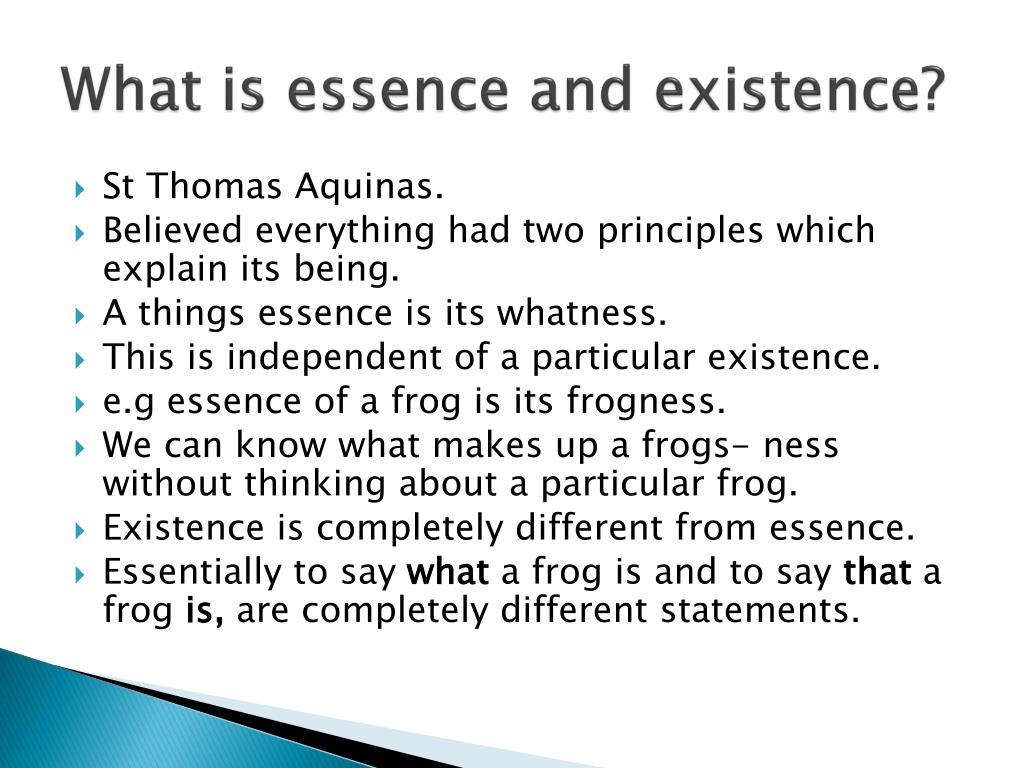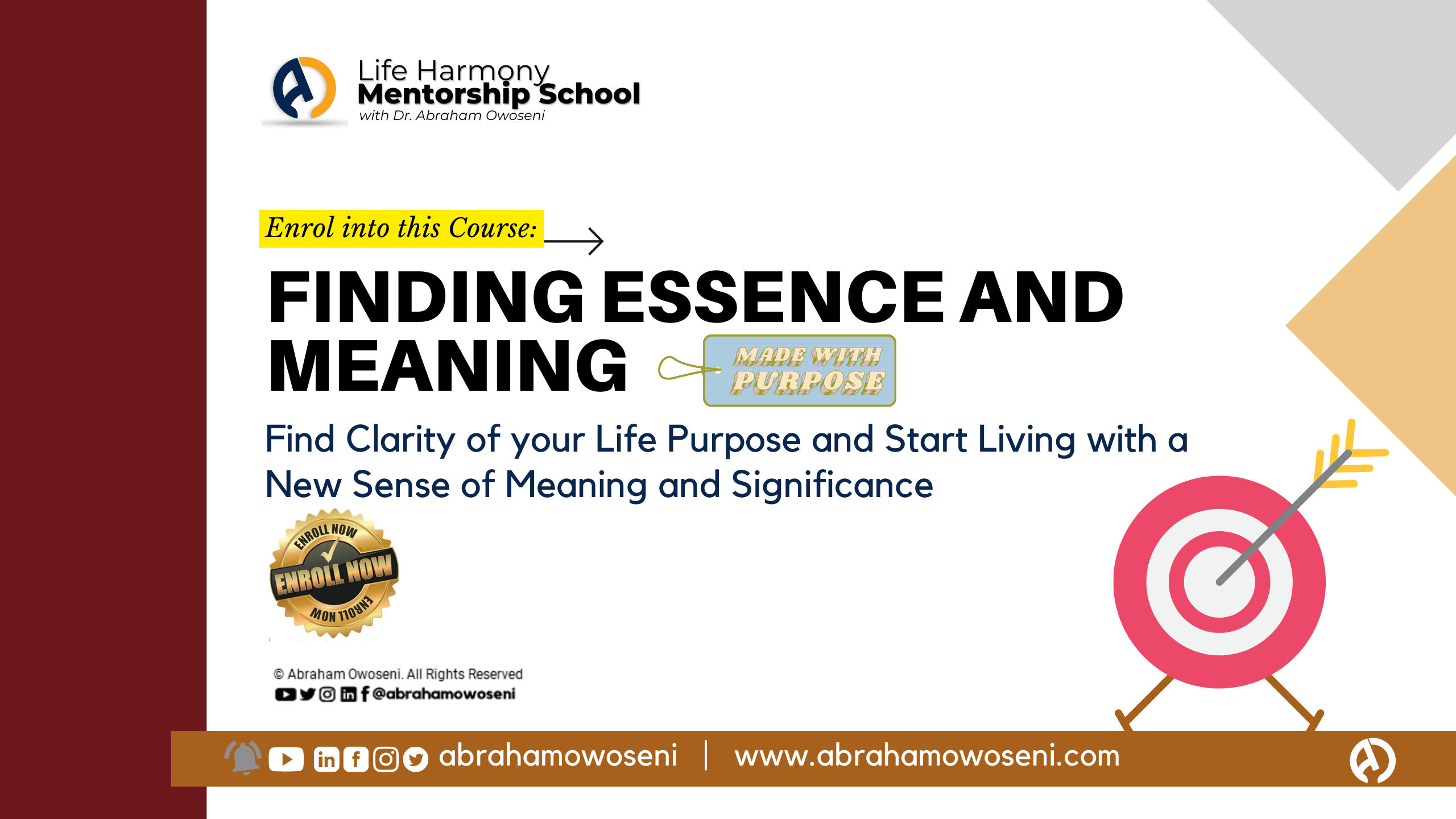Unveiling The Essence: Understanding Its Profound Meaning
Have you ever pondered what truly lies at the heart of something, its core identity, its very soul? This quest for the fundamental truth leads us directly to the concept of "essence." More than just a word, understanding the essence meaning involves grasping its core attributes and significance in various contexts, transcending simple definitions and influencing perspectives on life, relationships, and art.
From the subtle fragrance of a flower to the foundational principles of a democracy, "essence" encapsulates that indispensable quality that defines and distinguishes. It is the intrinsic nature, the permanent, real, or ultimate character of a thing or person, without which it would cease to be what it is. Join us as we embark on a journey to explore the multifaceted layers of this profound concept, delving into its origins, diverse applications, and enduring relevance in our world.
The Ancient Roots of "Essence": From Latin to Modern Understanding
To truly grasp the comprehensive essence meaning, it's invaluable to trace its etymological journey. The word "essence" doesn't just appear out of thin air; it carries with it a rich history rooted deeply in philosophical inquiry. Our modern English word is derived via Old French from the Latin term *essentia*. This Latin word itself stems from *esse*, which translates directly to "to be." This ancient lineage immediately signals the profound philosophical weight the word carries.
The connection to "to be" is not accidental. In ancient philosophy, particularly in the works of thinkers like Plato and Aristotle, there was a fervent pursuit to understand the fundamental nature of existence. What makes a thing *what it is*? What is its unchanging, underlying reality, distinct from its superficial appearances? *Essentia* was the term coined to capture this very concept – the core being of something. This historical context illuminates why "essence" today still refers to the permanent, real, or ultimate nature of a thing or person. It's about what truly *is*, at its deepest level, and this understanding forms the bedrock for all subsequent definitions and applications of the term. Without this historical grounding, the multifaceted nature of "essence" might seem disparate, but with it, we see a coherent thread of inquiry into the very fabric of reality.
Defining the Indefinable: What is the Core "Essence Meaning"?
At its heart, the essence meaning refers to "whatever most sums up the heart and soul of something, its truest most indispensable qualities." It is the intrinsic or indispensable quality or qualities that characterize or identify something. Think of it as the fundamental nature of a thing, the quality or qualities that make a thing what it is. Without these core attributes, the item, concept, or individual would lose its identity and cease to be recognized as itself. This core definition is versatile, applying to both abstract concepts and concrete entities, and it forms the basis for understanding its broader applications.
The concept isn't limited to a single, rigid interpretation. It's a fluid yet precise term that can adapt to various contexts while retaining its core emphasis on fundamental truth. For instance, the definition of essence in the definitions.net dictionary highlights it as "the basic meaning of something," or "the distinctive characteristic." It's that which is expressed by the definition of any term, capturing the very spirit and identity of what is being described.
Beyond Simple Definitions: The Philosophical Dimension
In philosophy and theology, *essentia* (essence) has various meanings and uses for different thinkers and in different contexts. It is used as a designation for the property or set of properties or attributes that make an entity the entity it is or, expressed negatively, without which it would lose its identity. This deep philosophical perspective elevates "essence" beyond a mere descriptive word to a foundational concept in metaphysics.
Philosophers throughout history have grappled with the distinction between essence and existence. While existence refers to the fact that something is, essence refers to *what* it is. For example, a chair exists, but its essence lies in its qualities that make it a chair – its purpose for sitting, its structure, etc. This distinction is crucial for understanding identity, categorization, and the very nature of being. The enduring relevance of the essence meaning in philosophical discourse underscores its profound intellectual depth.
The Tangible and Intangible: Diverse Applications
The versatility of "essence" is evident in its application to both the tangible and intangible. It can refer to an extract, a perfume, a spiritual entity, or a philosophical concept. This broad scope demonstrates how a single word can encapsulate fundamental truths across vastly different domains. For instance, the essence of a democracy is the freedom to pick your leaders – an intangible concept. Conversely, vanilla essence is a very concentrated liquid used for flavoring food or for its smell – a tangible substance.
This dual application highlights the word's ability to bridge the gap between abstract thought and concrete reality. Whether we are discussing the core principles of a belief system or the concentrated aroma of a plant, "essence" points to the fundamental, defining characteristic. This adaptability makes it an incredibly powerful and pervasive term in the English language, allowing us to articulate the core truth of almost anything.
"Essence" in Everyday Language: Examples That Speak Volumes
While "essence" has deep philosophical roots, its utility shines brightest in everyday language, where it helps us succinctly capture the defining characteristics of people, places, and ideas. Concrete examples truly bring the essence meaning to life, illustrating how we intuitively use the term to distill complex realities into their core components.
Consider these vivid illustrations provided in our data:
- "The essence of Las Vegas is poker chips and dreams." This phrase perfectly encapsulates the city's defining features: the tangible elements of gambling and the intangible allure of aspiration and fantasy.
- "The essence of Johnny Cash is black clothing and country music." Here, two iconic elements – his signature style and musical genre – sum up the very core of his public persona and artistic identity.
- "His theory was not new in essence." This suggests that while the presentation or specific details might differ, the fundamental idea or underlying principle of his theory was already established.
- "His work misses the essence of what Eastern religion is about." This implies a failure to grasp the fundamental, spiritual, or philosophical core of Eastern religious practices and beliefs, focusing instead on superficial aspects.
- "This summary contains the essence of the book." A summary, by its nature, aims to extract the most important ideas and arguments, leaving out extraneous details to present the core message.
- "They distilled the essence of their message into three principles." This beautifully describes the process of taking a complex communication and boiling it down to its most critical, indispensable points, making it clear and impactful.
- "As, the essence of a miser's character is avarice." This example pinpoints the defining, most crucial trait of a miser, identifying avarice (extreme greed for wealth) as their fundamental characteristic.
More Than a Concept: "Essence" as a Physical Substance
Beyond its abstract and philosophical applications, the essence meaning also extends to a very tangible, physical form: a concentrated liquid. This dual nature of the word highlights its versatility and how language evolves to encompass various aspects of human experience. When we speak of "essence" in this context, we are referring to a substance that contains in very strong form the special qualities (such as the taste and smell) of the thing from which it is taken.
A prime example of this is "vanilla essence." This is a very concentrated liquid that is used for flavoring food or for its smell. A few drops of vanilla essence can impart the rich, distinctive flavor and aroma of vanilla beans to a dish, despite being a tiny fraction of the original plant material. Similarly, many perfumes are built around the "essence" of various flowers or natural ingredients, capturing their aromatic qualities in a concentrated form.
In this sense, "essence" is synonymous with terms like:
- Concentrate
- Spirits
- Extract
- Elixir
The Spiritual and Personal "Essence": Uncovering Inner Truth
The concept of essence meaning extends profoundly into the realms of spirituality and personal identity. Here, "essence" refers to an individual's intrinsic, unique nature, their true self, or their spiritual core. It speaks to that part of a person that remains constant and authentic, regardless of external circumstances or superficial changes. This understanding of essence is vital for self-discovery and for comprehending the deeper dimensions of human existence.
The phrase "The girl has her own spiritual essence" beautifully encapsulates this idea. It suggests that beyond her physical appearance, her personality traits, or her social roles, there is an underlying, unique spiritual quality that defines her. This spiritual essence is often seen as the source of one's intuition, values, and deepest motivations – the very soul of a person. It's what makes each individual uniquely themselves, an indispensable quality that cannot be replicated or taken away.
In many spiritual traditions, the journey of life is often described as a process of reconnecting with one's true essence, stripping away layers of conditioning and societal expectations to reveal the authentic self. This pursuit of personal essence is about understanding what truly drives you, what brings you fulfillment, and what constitutes your unique contribution to the world. It’s about recognizing that individual character and quality that gives a person their distinctive identity, much like the essence of a book is its core message. This dimension of "essence" encourages introspection and a deeper appreciation for the inherent worth and uniqueness of every individual.
"Essence" Across Disciplines: Art, Politics, and Beyond
The pervasive nature of the essence meaning is further highlighted by its relevance across a multitude of disciplines, from the creative arts to the structured world of politics and governance. In each field, "essence" serves as a critical lens through which to understand core principles, driving forces, and defining characteristics. It allows practitioners and observers alike to identify what truly matters, distinguishing the fundamental from the superficial.
The Essence of Art: Capturing Emotion and Truth
In the realm of art, artists constantly strive to capture the essence of their subject matter. This isn't merely about realistic representation, but about conveying the underlying emotion, the core message, or the defining spirit. A portrait, for instance, might aim to capture the essence of a person's character rather than just their physical likeness. A piece of music might seek to evoke the essence of a feeling – joy, sorrow, or longing – through its melody and harmony.
Similarly, in literature, a writer's work might be lauded for capturing "the essence of human experience" or "the essence of a particular era." This implies that the art form successfully distills complex realities into a potent, relatable form, allowing the audience to connect with a deeper truth. It's about distilling the raw experience or emotion into its purest, most impactful form, creating a resonance that transcends mere aesthetics.
Political Essence: The Core Principles of Governance
In politics, understanding the essence of a system or an ideology is paramount. For example, "The freedom to pick your leaders is the essence of a democracy." This statement cuts through the complexities of electoral systems, legislative processes, and constitutional frameworks to identify the single, most indispensable quality that defines a democratic government: the power of the people to choose their representatives. Without this fundamental freedom, a system might call itself a democracy, but it would lack its true essence.
Similarly, when discussing political ideologies or movements, identifying their essence helps in understanding their core motivations and goals. Whether it's the essence of libertarianism (individual liberty) or socialism (collective welfare), grasping these fundamental principles is crucial for analysis and debate. This application of "essence" helps in discerning genuine political identity from mere rhetoric, ensuring a clearer understanding of what truly defines a political entity or philosophy.
Why Understanding "Essence Meaning" Matters
The importance of comprehending the essence meaning extends far beyond academic curiosity; it profoundly impacts our ability to navigate and interpret the world around us. This concept transcends simple definitions, influencing perspectives on life, relationships, and art. Grasping the core attributes and significance of anything allows for a deeper, more nuanced understanding, moving beyond superficial appearances to the fundamental truths.
Firstly, understanding essence enhances critical thinking. When we can identify the indispensable qualities of an argument, a policy, or a piece of information, we are better equipped to evaluate its validity and relevance. It helps us to cut through noise and distraction, focusing on what truly matters. For instance, in a debate, understanding the essence of an opponent's argument allows for a more effective and targeted rebuttal.
Secondly, recognizing the essence fosters empathy and deeper connection in relationships. When we look beyond someone's outward behavior or temporary moods to their core essence – their values, their intentions, their spirit – we can connect with them on a more profound level. This allows for greater understanding, forgiveness, and genuine appreciation of another person's unique identity.
Finally, in creative and analytical pursuits, understanding essence is foundational. Artists, writers, and designers strive to capture the essence of their subject to evoke a powerful response. Scientists seek to understand the essence of natural phenomena to formulate universal laws. In every field, identifying the essence is the key to innovation, insight, and effective communication. It empowers us to discern truth, foster connection, and create meaning in a complex world.
Navigating the Nuances: Avoiding Misinterpretations of "Essence"
While the essence meaning is powerful, its nuanced nature means that misinterpretations can occur if context is overlooked. The very strength of the word – its ability to distill complex realities – can also be its vulnerability if applied carelessly. To truly leverage this concept, it's important to be mindful of common pitfalls and ensure a thoughtful application.
One common misstep is conflating essence with superficial characteristics or temporary states. For example, while a particular fashion trend might be popular, it doesn't represent the essence of a culture; rather, it's a fleeting expression. The essence lies in the deeper values, traditions, and beliefs that persist over time. Similarly, a person's mood on a given day is not their essence; their essence resides in their enduring character and spirit.
Another challenge is the subjective nature of identifying essence, particularly in abstract concepts. What one person considers the essence of freedom, another might view differently. While there are often universally accepted core definitions (like the freedom to pick leaders for democracy), individual interpretation can vary. This highlights the importance of critical discussion and a willingness to explore different perspectives when seeking to define the essence of complex ideas.
Furthermore, reducing something solely to its essence can sometimes lead to oversimplification, missing important layers of complexity. While essence focuses on the indispensable, it doesn't negate the importance of the non-essential qualities that contribute to the richness and diversity of a thing. Acknowledging these nuances ensures that our understanding of "essence" remains robust, accurate, and truly insightful, allowing us to appreciate both the core and the periphery.
Conclusion: Embracing the Profound Depths of "Essence"
Throughout this exploration, we've delved into the multifaceted essence meaning, tracing its ancient Latin roots to its diverse applications in modern language, philosophy, art, and even the culinary world. We've seen how "essence" consistently points to the permanent, real, or ultimate nature of a thing or person – that indispensable quality without which identity would be lost. From the philosophical pursuit of being to the concentrated liquid that flavors our food, the concept of essence helps us to distill complex realities into their purest, most defining forms.
Understanding essence empowers us to see beyond the superficial, to grasp the heart and soul of things, and to appreciate the fundamental truths that shape our world. It sharpens our critical thinking, deepens our empathy, and enriches our appreciation for the intrinsic qualities that define existence. We encourage you to reflect on the various "essences" in your own life – the essence of your relationships, your passions, or even your daily routines. What truly defines them? What are their indispensable qualities? Share your thoughts in the comments below, or explore other articles on our site to continue your journey of deeper understanding.

Essence Meaning

What Does Essence Mean and How Can it Help You Have More Fulfilling Work?

Finding Essence and Meaning Course – Life Harmony Mentorship School